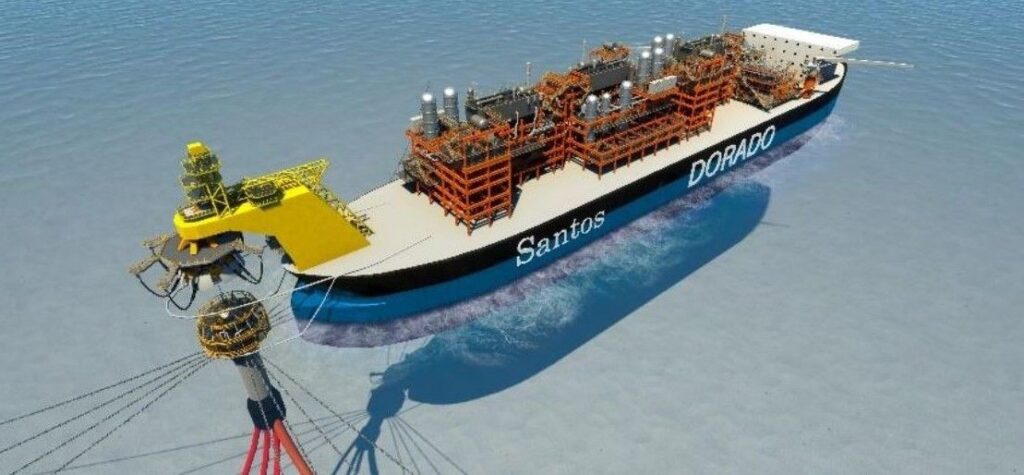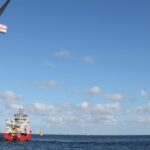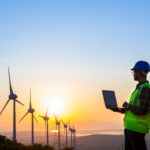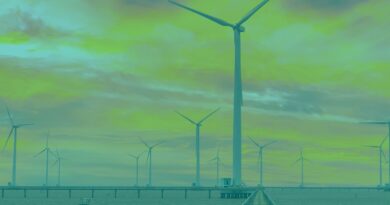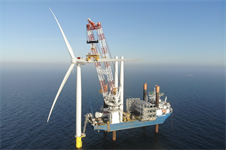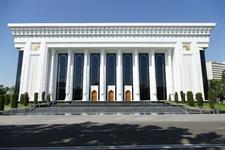Women in Wind 2020 Q&A: Maria Concepcion Simundac Delos Santos
Energy Disrupter

Maria is a lawyer specializing in Corporate/Mergers & Acquisitions, Power & Energy, Construction & Real Estate Transactions and Infrastructure. She is a Partner of Villaraza & Angangco, a full-service law firm based in Manila, Philippines. She advises on development, foreign investments, transaction structuring, regulatory compliance, financing and EPC of renewable energy projects in the Philippines.
Maria is a Board Trustee, Corporate Secretary and Legal Counsel of Philippine Energy Efficiency Alliance, a non-profit civil society organization promoting advocacy, programs, policy directions, financing strategies and best ethical practices in energy efficiency, energy conservation and renewable energy in the Philippines. She is based in Taguig City, the Philippines.
How did you first become interested in renewable energy and joining the clean energy transition?
The Philippines Renewable Energy Act was passed in 2008. Two years later, I worked on my first renewable energy project. At that time, the law was still in infancy stage and I was able to grow my practice in renewable energy law alongside it.
The Philippines has abundant renewable energy resources such as solar, wind, biomass, ocean, hydro, and geothermal energy, most of which are still untapped. As a developing country, it is important to work towards greater energy security, sustainability and fighting climate change. I am glad that as a lawyer, my work contributes to do the development of renewable and clean energy in the country.
Tell us about your expertise and passion in the sector.
I am an advocate of energy efficiency and conservation, and I am active in a non-governmental organization in the Philippines that supports this goal. An effective energy efficiency and conservation program will support the decarbonization of the Philippines economy, help slow the rise in energy prices, generate energy end-user savings which can flow back into the economy and reduce the country’s reliance on imported energy.
In my view, combining the development of renewable energy with promotion of energy efficiency and conservation will allow communities to move faster to accelerate the energy transition and achieve energy security. In the case of the Philippines, these strategies must be responsive to local needs and address pressing issues such as energy security and the threat posed by climate change.



